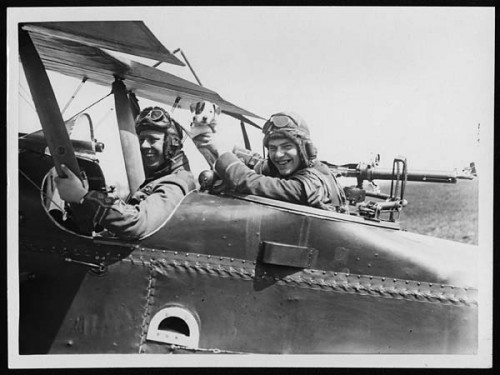
Many travelers are cheering Delta Air Lines’ new, stricter rules for those flying with service or emotional support animals.
But many long-time guide dog users and organizations that advocate for blind Americans and others with disabilities say the guidelines, which require added documentation and pre-planning, are over-reaching, discriminatory and illegal.
Noting that it has “long been concerned with the abuse and fraud of animals purporting to be service or support animals,” the American Council of the Blind said Delta’s revised policy discriminates against those passengers with legitimate service dogs and makes travel more difficult for individuals who rely on their service animals for travel.
The National Federation of the Blind believes elements of Delta’s policy, which goes into effect March 1, violate the Department of Transportation’s Air Carrier Access Act.
“We are particularly troubled by the requirement that guide dog users submit paperwork to Delta forty-eight hours before flying,” the NFB said in a statement, while “Travelers without guide dogs are not required to plan their travel forty-eight hours in advance.”
The 48-hour ‘intent-to-fly’ requirement means guide dog users will no longer be able to fly on Delta for family, medical or other emergencies,” said the NFB and adds an unnecessary layer of inconvenience for some passengers.
“We stand with NFB,” said Eric Lipp, Executive Director of the Open Doors Organization, “People with properly trained service animals are being punished by Delta.”
Citing a significant increase in the numbers and types of “comfort” animals passengers bring on planes and an 84 percent increase since 2016 in reported animal incidents such as urinating/defecating, biting and attacks, Delta announced last week that certification of a flyer’s need for an animal and proof of an animal’s training and vaccinations will be required for both service and emotional support animals.
“I sympathize with the airlines,” said Pat Pound a disability consultant who is blind and travels with a guide dog, “More people are cheating. Airlines are trying to maintain the system. But I don’t think Delta’s new policies will address the problem. And, as a person with a disability, I’ll end up being penalized.”
An on-line petition with more than 75,000 signatures is asking Delta not to make it harder for people to travel with emotional support animals, but other airlines are exploring following Delta’s lead.
“We agree with Delta’s efforts,” American Airlines said in a statement, “We are looking at additional requirements to help protect our team members and our customers who have a real need for a trained service or support animal.” The carrier said from 2016 to 2017 it saw an almost 15 percent increase the number of customers traveling with emotional support animals.
United Airlines is reviewing its existing policy on service and emotional support animals, said airline spokesman Charles Hobart. “This is something that is important to our employees and to our customers, including those with disabilities and those who do not have disabilities,” he said, “We understand this needs to be resolved soon.”
The Department of Transportation had planned to draft new rules on service animals by July 2017, but those guidelines have yet to be released.
Going forward, “I suspect there will be legal challenges to Delta’s policy on service dogs from individuals and from organizations,” said disability consultant Pound, “This is how an airline is deciding to interpret the law, but a court may have a different idea about what that the law intended.”
(My story about the debate of stricter rules for flying with service and emotional support animals first appeared on NBC News in a slightly different format.)
